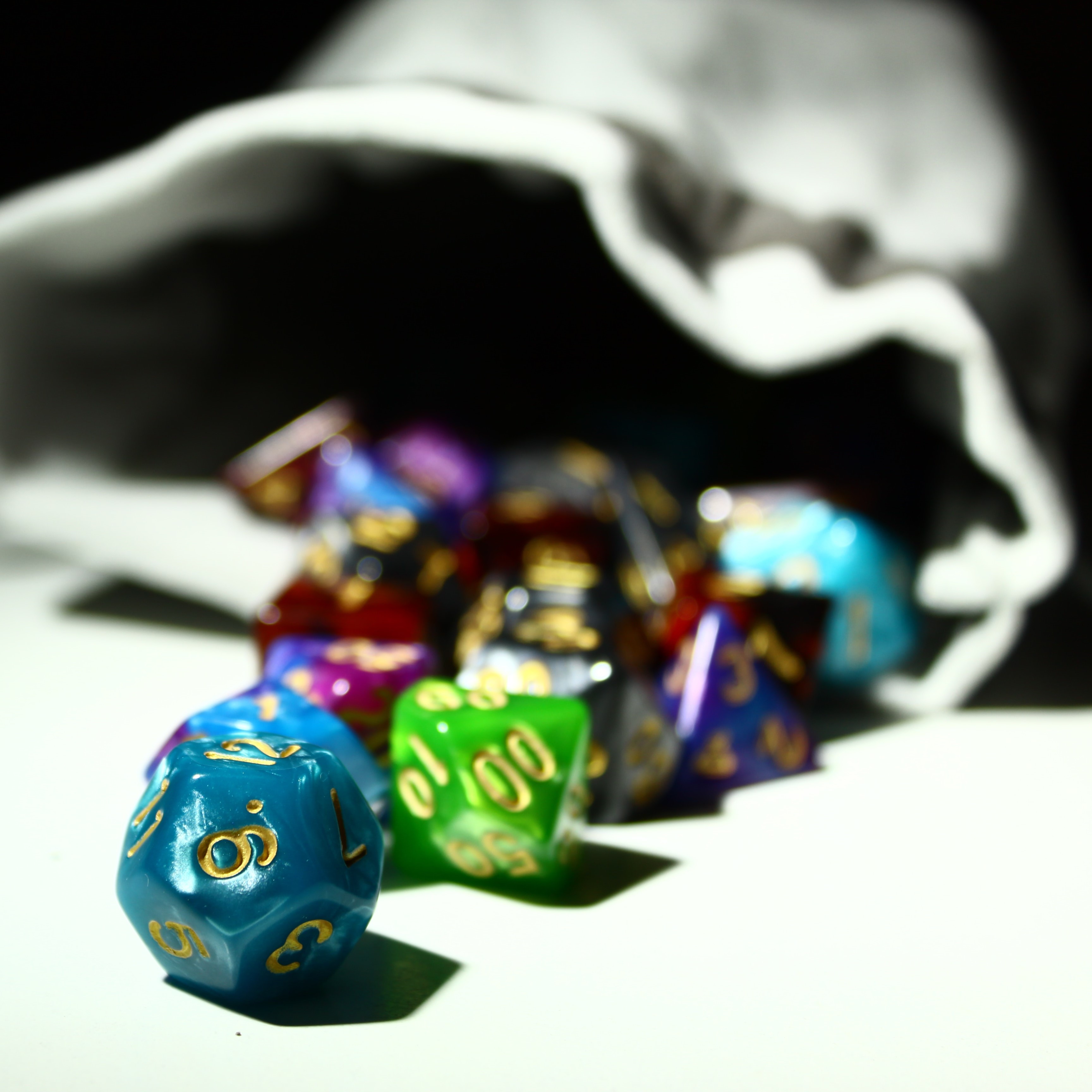bwebster
Also find me on Mastodon: @bwebster
- 4 Posts
- 7 Comments
I’ve definitely seen that expectation in the OSR. Not so much “this game or adventure is bad because it doesn’t have art”, but it will usually be commented on, and good art is often one of the first things commented on about a game or adventure. I think it is also more common in adventures, or games that have a very specific concept, where the art can very directly spark the imagination or provide context to the text.
You may have already heard of this, but I really enjoyed Honey Heist (https://gshowitt.itch.io/honey-heist) and Crash Pandas (https://gshowitt.itch.io/crash-pandas) also looks good, although I haven’t played that one
Good video, thanks for linking! The art says Cy_Borg, but the mechanics say Shadowrun lol
 1·1 year ago
1·1 year agoI’ve started to wonder if there will be games coming out in the future that are almost unplayable without using a VTT. It’s already how I feel about some more complex games
 2·1 year ago
2·1 year agoAs a third party developer on Foundry, I really wish the system would update less often, I’m worried a lot of systems and modules stuff will just stop being updated, because it is a lot of work to update to the latest Foundry version all the time. It would be great if they could just get Foundry to a stable point and then leave it to minor updates after that, or maybe like 1 major update a year or something.
I agree on the overall point though, I can’t imagine trying to run PF2e or any other similarly complex game without something like Foundry making it all super simple.
I completely agree on having deep player character options while still keeping things as simple as possible for GMs. From a GM perspective, I love the way some rules-lite games (my preference is for the OSR/NSR style) make it so easy to run a game in that system. But my players, and me when I am a player, aren’t very interested in the bare-bones player character options that those systems usually have.
In the system I’m creating, player characters have a skill-point system that they can use to build out their character by purchasing the equivalent of feats to build whatever sort of character they like. It is straightforward, but can get really complex for those players who like to explore those systems.
Meanwhile, NPCs can be represented with 2 stats (Hit Dice and Will Dice), which can be used for HP, morale, skill checks, and saving throws. For combat encounters, you only need to add an attack, and for social encounters or significant NPCs, you can add personality traits and motivations, to facilitate GMing the NPC.
The goal of the system is to marry the player character mechanical diversity that you see in systems like Pathfinder or GURPS with the ease of GMing that you see in the OSR. There’s also a sort of “playbook” equivalent which give starting character builds for those players who are more interested in the roleplaying than mechanics, and just want to take something and run with it.

This is really cool! Combining lifepath-style character creation with actual physical locations on a pointcrawl is genius. And the descriptions are a really nice touch as well